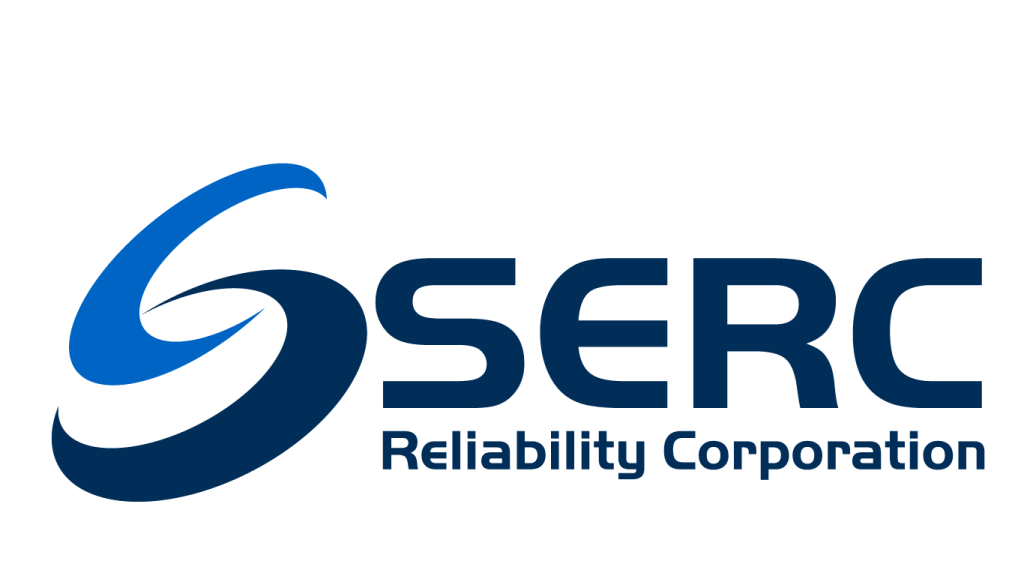Cold Weather Preparedness
Extreme weather is considered one of the top risks to a reliable bulk power system in the SERC Region due to the potential loss of communications, fuel supply, and damaged equipment. Therefore, it is critical for registered entities in the Region to have plans and procedures in place for preparedness and resilience.
Explore More Areas For Support
State Outreach Resources
Reliability Assessment
Data Collection
Performance Analysis
Renewables Integration & New Technology
Recommendations
To help prevent adverse impacts from severe cold weather events, each Balancing Authority shall have an extreme cold weather Operating Process for its Balancing Authority Area, addressing preparations for and operations during extreme cold weather periods.
Establish cold weather preparedness plans for power generating units that address protecting generating and support equipment from adverse effects of freezing temperatures.
Ensure availability and readiness of on-site equipment needed for winterization (tarps, portable heaters, fuel, blankets, etc.).
Implement a walk-down of the site and perform basic checks on known problem areas based on site-specific generation facility protocols..
Be cognizant of fuel inventory and have a good line of communication with the fuel suppliers.
Communicate with neighboring sites that have similar generation to share Lessons Learned and other potential issues.
Review NERC’s Winter Weather Readiness Guideline. Read Now >
Study FERC’s Report on Winter Storm Elliott Read Now >
Reliability Recommendations
SERC recommends that entities consider the following actions:
Review the two new requirements that went into effect October 1, 2024.which require evaluating reliability impacts under cold or extreme weather conditions.
Review the two revised standards that became effective April 1, 2023.
Establish cold weather preparedness plans for power generating units that address protecting generating and support equipment from adverse effects of freezing temperatures.
Ensure availability and readiness of on-site equipment needed for winterization (tarps, portable heaters, fuel, blankets, etc.).
Implement a walk-down of the site and perform basic checks on known problem areas based on site-specific generation facility protocols..
Be cognizant of fuel inventory and have a good line of communication with the fuel suppliers.
Communicate with neighboring sites that have similar generation to share Lessons Learned and other potential issues.
Review the NERC Reliability Guideline Generating Unit Winter Weather Readiness – Current Industry Practices
Review Report and Recommendations from Winter Storm Elliott Report: Inquiry into Bulk-Power System Operations During December 2022 | Federal Energy Regulatory Commission (ferc.gov)
SERC Cold Weather Guideline and Webinars
SERC has conducted events on Cold Weather Preparedness and Extreme Weather events. Explore the following links to access resources, recordings, and presentations.
NERC Resources on Cold Weather and BPS Impacts
In addition to the NERC Reliability Guideline Generating Unit Winter Weather Readiness – Current Industry Practices, the NERC website offers reports on major Cold Weather Events, Cold Weather-related Lessons Learned, Winter Reliability Assessments, Webinars, and other Training materials.
2024-2025 Winter Outlook
The National Oceanic and Atmospheric Administration (NOAA) is predicting milder or above average seasonal temperatures for the upcoming winter for most of the U.S. and drier in the Southeast. However, late January could bring a swatch of cooler-than-average temperatures across the central part of the country.
Although NOAA is forecasting winter temperatures to be above normal, resulting in lower load, the region could face severe weather for a brief period. Historical analysis shows that load forecasting errors significantly contributed to past reliability issues during cold weather events.
SERC encourages entities to review and improve forecasting methods, particularly for the day-ahead load forecasting process, to ensure preparedness during the upcoming winter.

Sign Up For Our Newsletter
Zoombombning operakrati perosmos retronym postvalens antropofili ontotion ifall vobba primagraf endotris, operaosmos i antition

